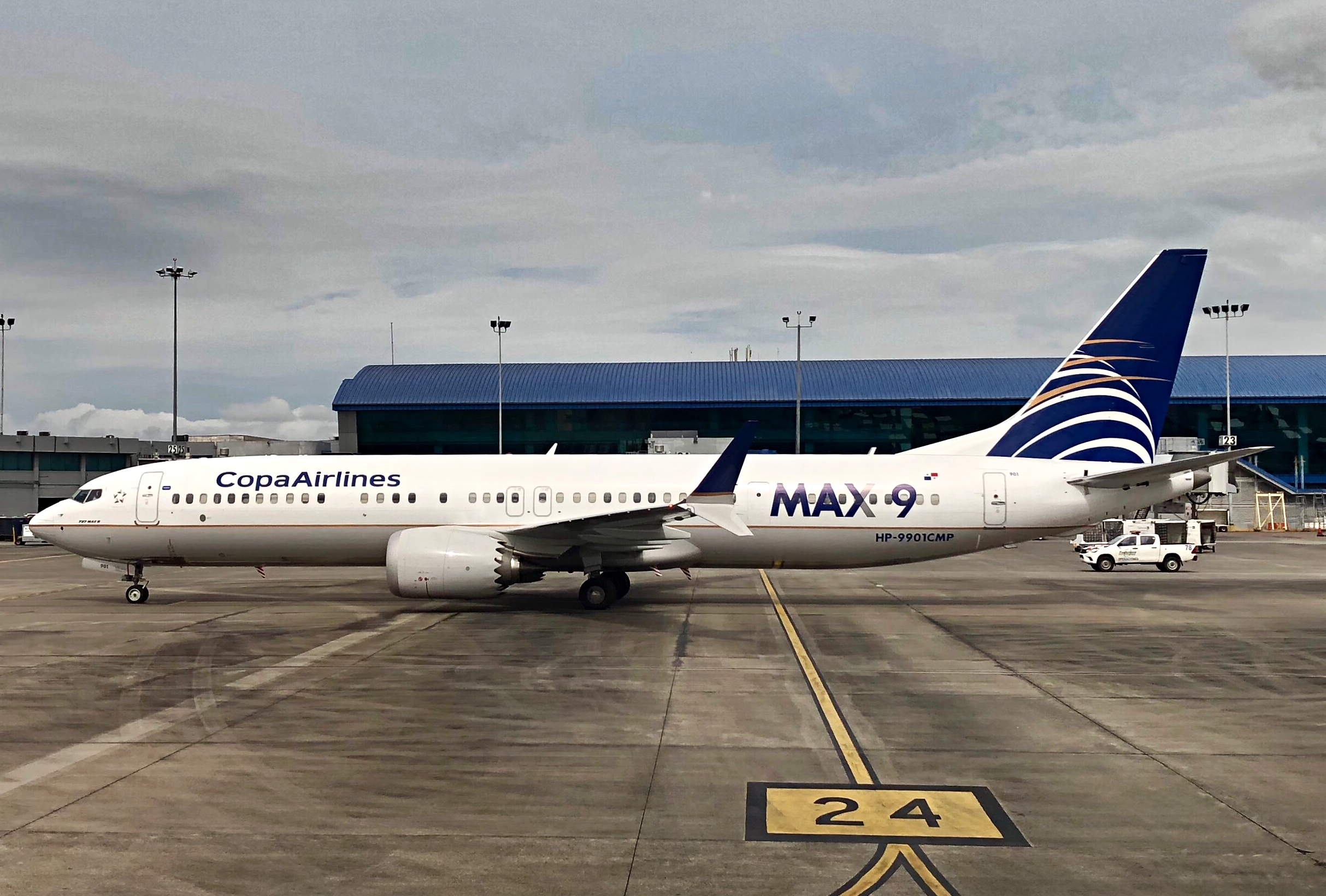In the ever-evolving landscape of artificial intelligence, the call for regulation is becoming as complex and dynamic as the technology itself. OpenAI’s CEO, Sam Altman, has recently vocalized a proposal that has sparked discussions across the tech industry and beyond: the establishment of an international agency to oversee the ‘most powerful’ AI systems to ensure ‘reasonable safety’. This suggestion comes at a time when AI’s rapid development is outpacing traditional legislative processes, raising concerns about the potential global harm these frontier systems could cause if left unchecked.
The Rationale Behind Altman’s Call for an International AI Agency
Altman’s proposition is not without precedent; the regulation of high-stakes industries such as aviation has long been managed by specialized agencies that provide a framework for safety testing and compliance. By comparing AI to airplanes, Altman underscores the gravity of the risks involved and the need for a dedicated body that can adapt to the technology’s swift progression. The idea is to create an agency that can respond with the agility and expertise required to manage the unique challenges posed by AI, rather than relying on rigid laws that may quickly become outdated.
The urgency of this conversation is underscored by the recent legislative efforts to grapple with AI’s implications. The European Union, for instance, has taken a proactive stance with the approval of the Artificial Intelligence Act, which aims to categorize AI risks and outlaw certain uses deemed unacceptable. Similarly, the United States has seen movements towards greater transparency in AI, with President Joe Biden signing an executive order for more openness from the largest AI models, and California leading the charge on state-level AI regulation with over 30 bills under consideration.
Despite these initiatives, Altman warns of the potential pitfalls of regulatory overreach or underreach. He expresses concern that excessive regulation could stifle innovation, while insufficient oversight could fail to mitigate the risks. This delicate balance is at the heart of his advocacy for an agency-based approach, which he believes can provide the flexibility needed to navigate the nuanced landscape of AI governance.
The conversation around AI regulation is not just about preventing harm; it’s also about trust. Just as passengers board airplanes with the assumption of safety, Altman envisions a future where people can interact with AI with a similar level of confidence. This trust hinges on the establishment of a robust and responsive regulatory framework that can keep pace with AI’s rapid advancements.
As we delve deeper into the rationale behind Altman’s call for an international AI agency, it’s essential to consider the broader context of AI’s global impact and the complexities of implementing such oversight. The next section of this article will explore the potential structure and function of this proposed agency, the challenges it may face, and the international cooperation required to make it a reality.

Challenges and Considerations in Establishing an International AI Agency
The conversation around the regulation of artificial intelligence (AI) is not just a technical debate; it’s a global imperative. As OpenAI’s CEO Sam Altman has pointed out, the potential for ‘frontier AI systems’ to cause ‘significant global harm’ is a pressing concern that transcends national boundaries. The need for an international agency to monitor and ensure the safety of these powerful systems is becoming increasingly evident. But what would such an agency look like, and how would it operate in the complex web of international relations and technological innovation?
The idea of an international regulatory body is not new. We have seen similar entities in other high-stakes domains, such as the International Atomic Energy Agency (IAEA) for nuclear technology and the World Health Organization (WHO) for global health issues. These organizations provide a blueprint for how an international AI agency could function. It would need to be an independent body with the authority to set standards, conduct safety testing, and enforce compliance among nations and corporations.
One of the key challenges in establishing such an agency would be determining its scope and jurisdiction. AI is a broad field with applications ranging from healthcare to finance to autonomous weapons. The agency would need to focus on the ‘most powerful’ AI systems, as Altman suggests, which could include those with the potential to impact critical infrastructure, influence democratic processes, or cause harm on a large scale. It would need to work closely with experts to define what constitutes ‘powerful’ AI and to continuously update these definitions as technology evolves.
Another significant challenge is the need for international cooperation. AI technology does not respect borders, and its impacts can be felt worldwide. Therefore, the agency would require the participation and support of a wide range of countries to be effective. This would involve complex diplomatic negotiations, as different nations have varying interests and levels of investment in AI. The agency would need to balance these interests while maintaining a focus on global safety and ethical standards.
The agency’s approach to regulation would also need to be flexible and adaptive. As Altman has highlighted, AI evolves rapidly, and policies that are written in law can quickly become outdated. The agency would need to have mechanisms in place to continuously monitor advancements in AI and adjust its regulations accordingly. This could involve a tiered system of oversight, with different levels of regulation for different categories of AI risk, similar to the approach taken by the EU’s Artificial Intelligence Act.

Transparency would be another cornerstone of the agency’s operations. Just as President Joe Biden has called for greater transparency from the world’s biggest AI models, the international agency would need to ensure that the methodologies and data used by AI systems are open to scrutiny. This would help build public trust in AI and allow for more informed decision-making by regulators.
The recent complaint filed by Noyb against OpenAI for ChatGPT’s ‘hallucinations’ underlines the importance of accuracy and transparency in AI. The GDPR provides a framework for individuals to challenge incorrect data, and an international AI agency would need to incorporate similar principles to protect individuals’ rights and prevent harm.
The establishment of an international agency to regulate AI is a complex but necessary step towards ensuring the safety and ethical use of this transformative technology. It would require careful planning, international cooperation, and a dynamic approach to regulation. As we move forward, it is crucial that we consider the lessons learned from other regulatory bodies and the evolving landscape of AI to create an agency that can effectively mitigate risks and foster innovation.
Related posts:
OpenAI’s Sam Altman says an international agency should monitor the ‘most powerful’ AI to ensure ‘reasonable safety’
OpenAI’s Sam Altman says an international agency should monitor the ‘most powerful’ AI to ensure ‘reasonable safety’
OpenAI’s Sam Altman says an international agency should monitor the ‘most powerful’ AI to ensure ‘reasonable safety’





